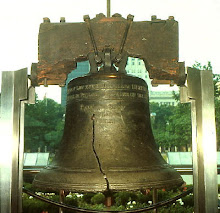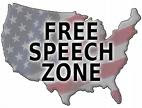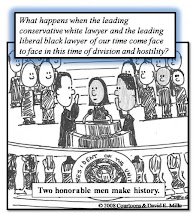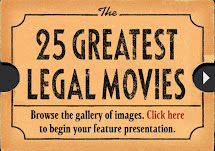Since The Broward Law Blog has only made its debut this month, we have to catch up on two hundred years of legal history, or at least the two hundred years of setbacks the George Bush Supreme Court has helped create in the past eight years.
Earlier this month, in a month that will live in Fourth Amendment infamy, the Supreme Court granted an exception to the exclusionary rule by holding that the prosecution of an Alabama man for drug- and firearm-possession charges was valid, even though the contraband was found after the man was wrongly arrested and searched, and for all I know, waterboarded. Anyway, police officers had mistakenly thought he was subject to an arrest warrant. So they said.
Throwing out evidence because of wrongful searches and arrests "is not an individual right and applies only where its deterrent effect outweighs the substantial cost of letting guilty and possibly dangerous defendants go free," wrote Chief Justice John Roberts. Oh, man, that is not what the Fourth Amendment says. It says people SHALL be free in their homes and on their person from illegal searches and seizures, and the remedy for that has been and has got to be the exclusion of evidence. One other remedy might be picking better judges.
One of the useful legal blogs I post on the sidebar for your reading perusal is the Wall Street Journal Blog. In a column authored by Amir Efrati, numerous legal sources express their views on the truthfulness of law enforcement officers while testifying, as well as the Exclusionary Rule, and its diminution in recent years.
It's a good read, and here is the link:
http://online.wsj.com/article/SB123319367364627211.html
http://online.wsj.com/article/SB123319367364627211.html

































No comments:
Post a Comment